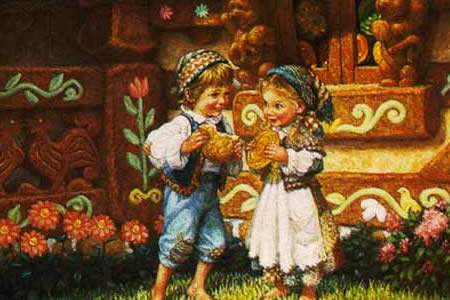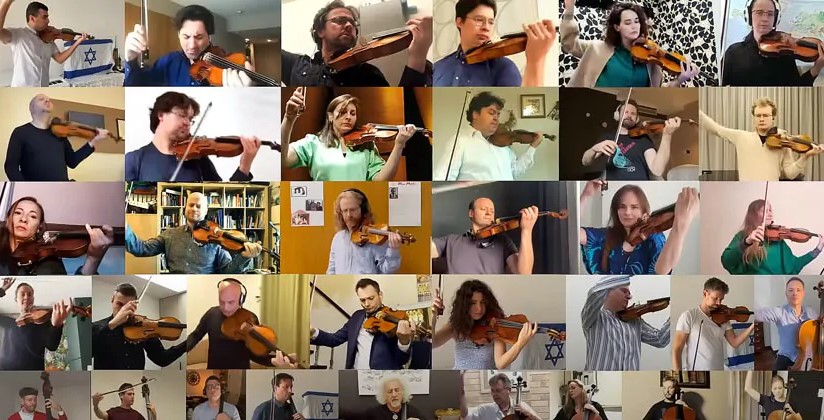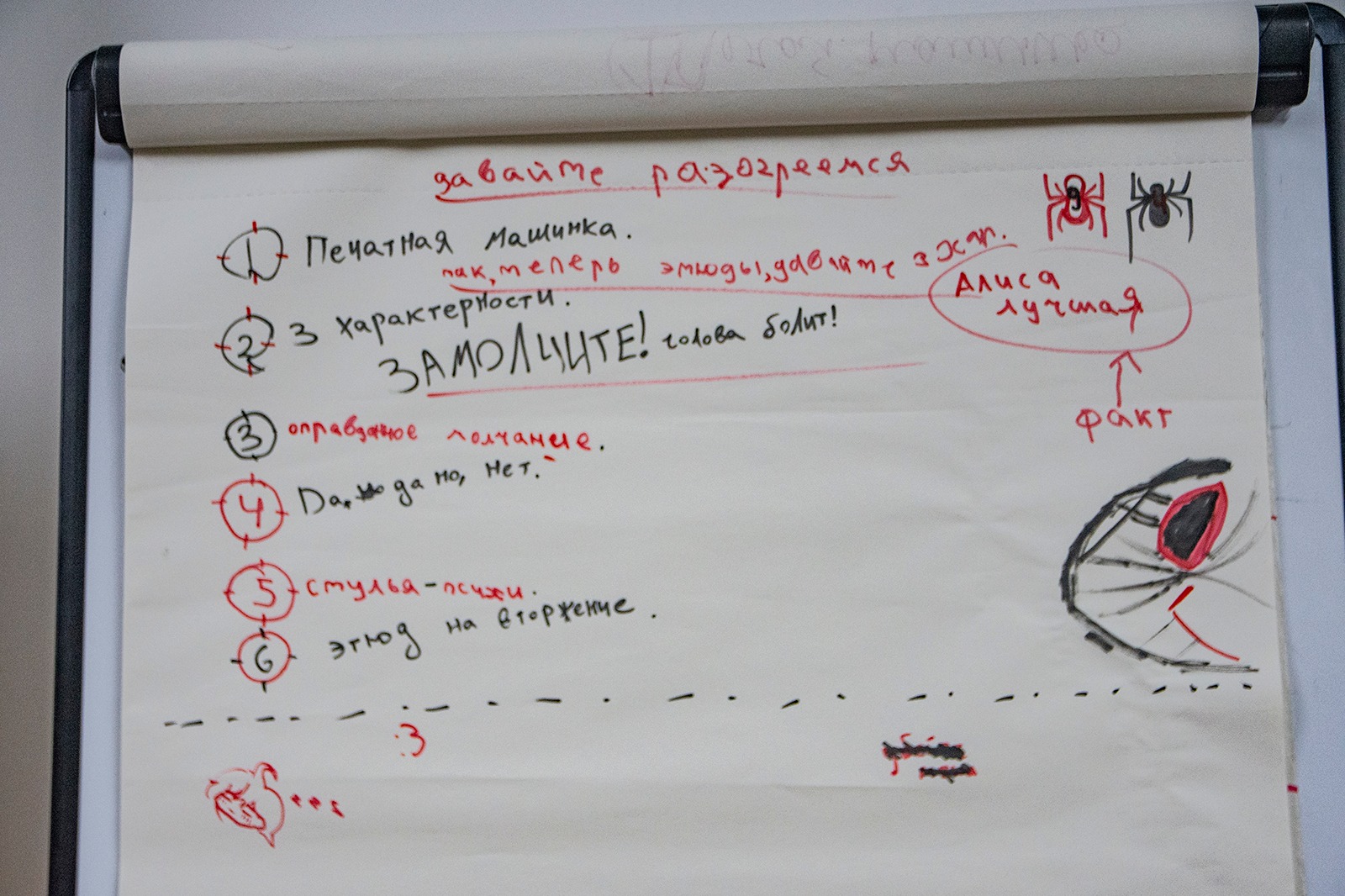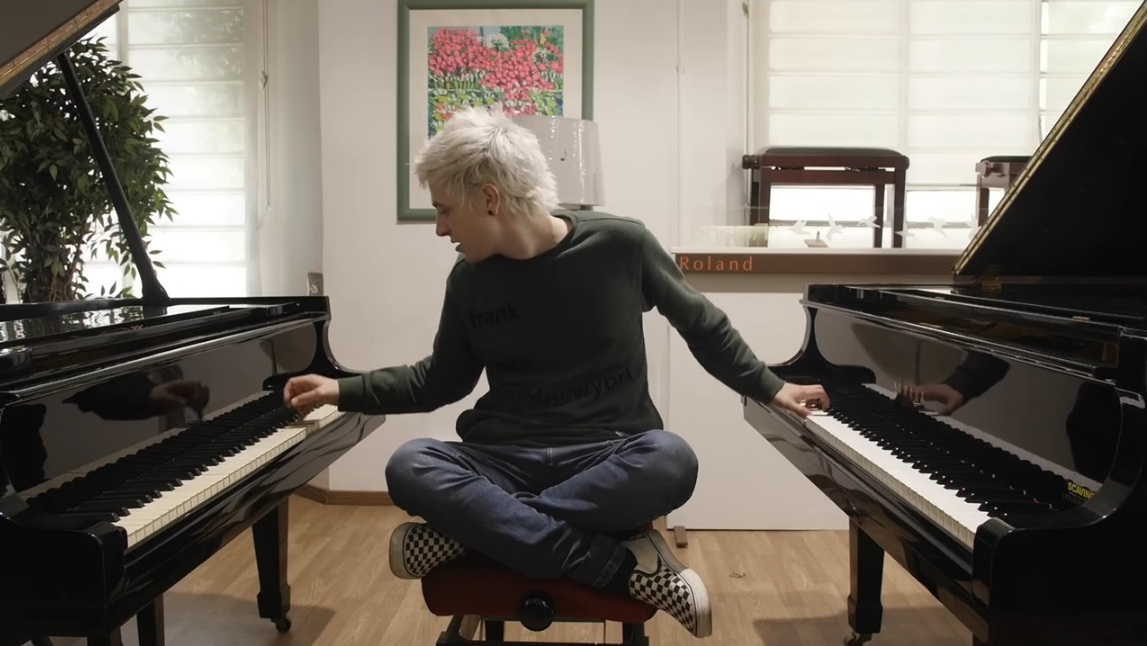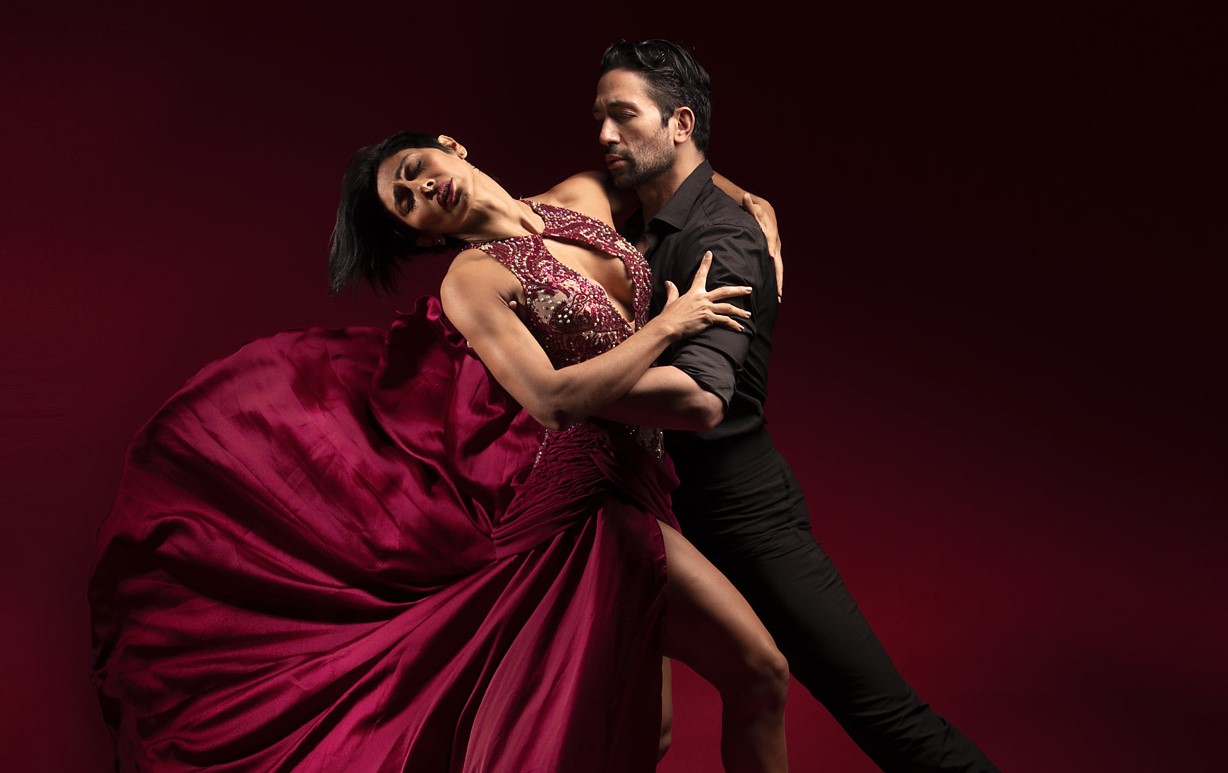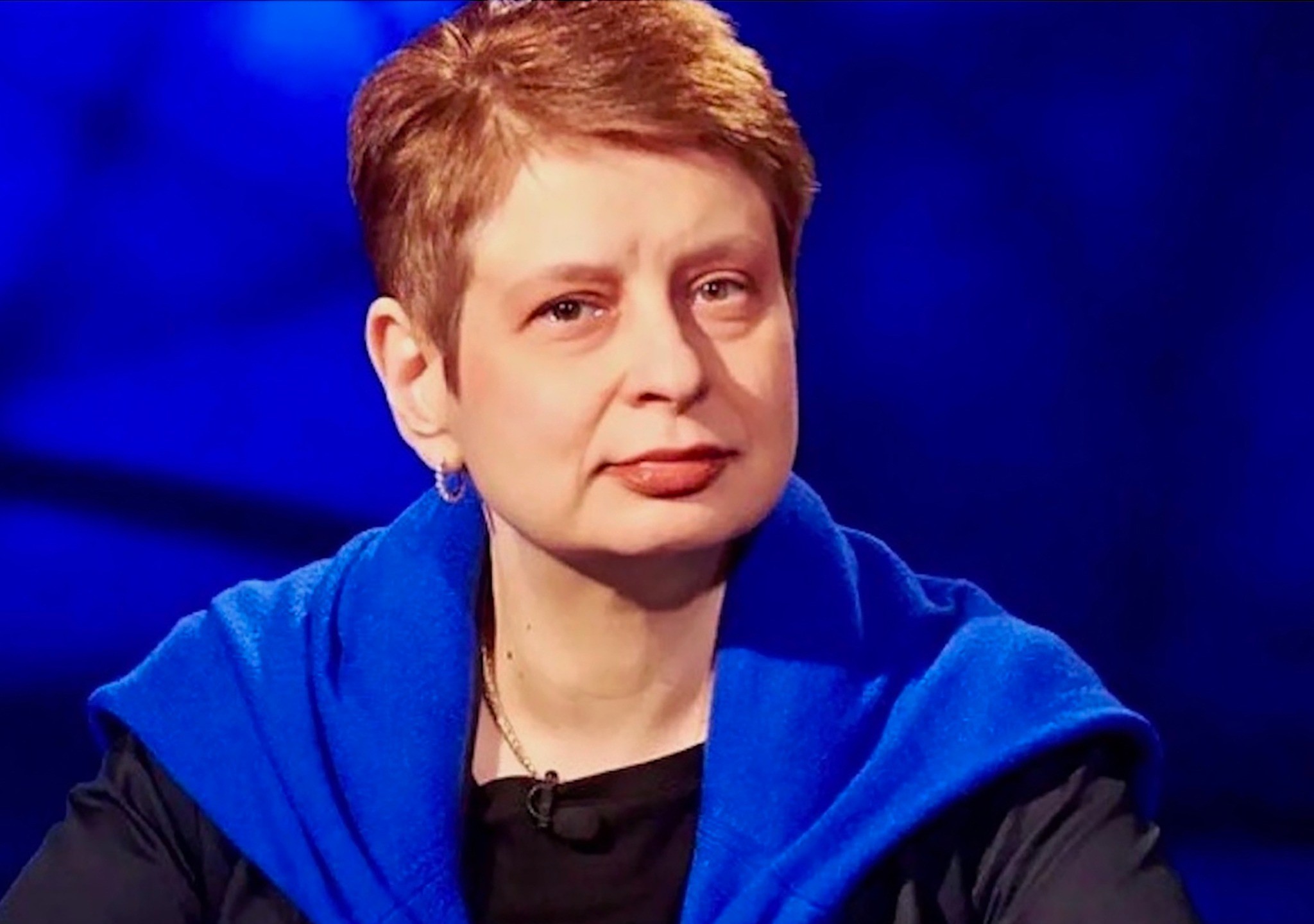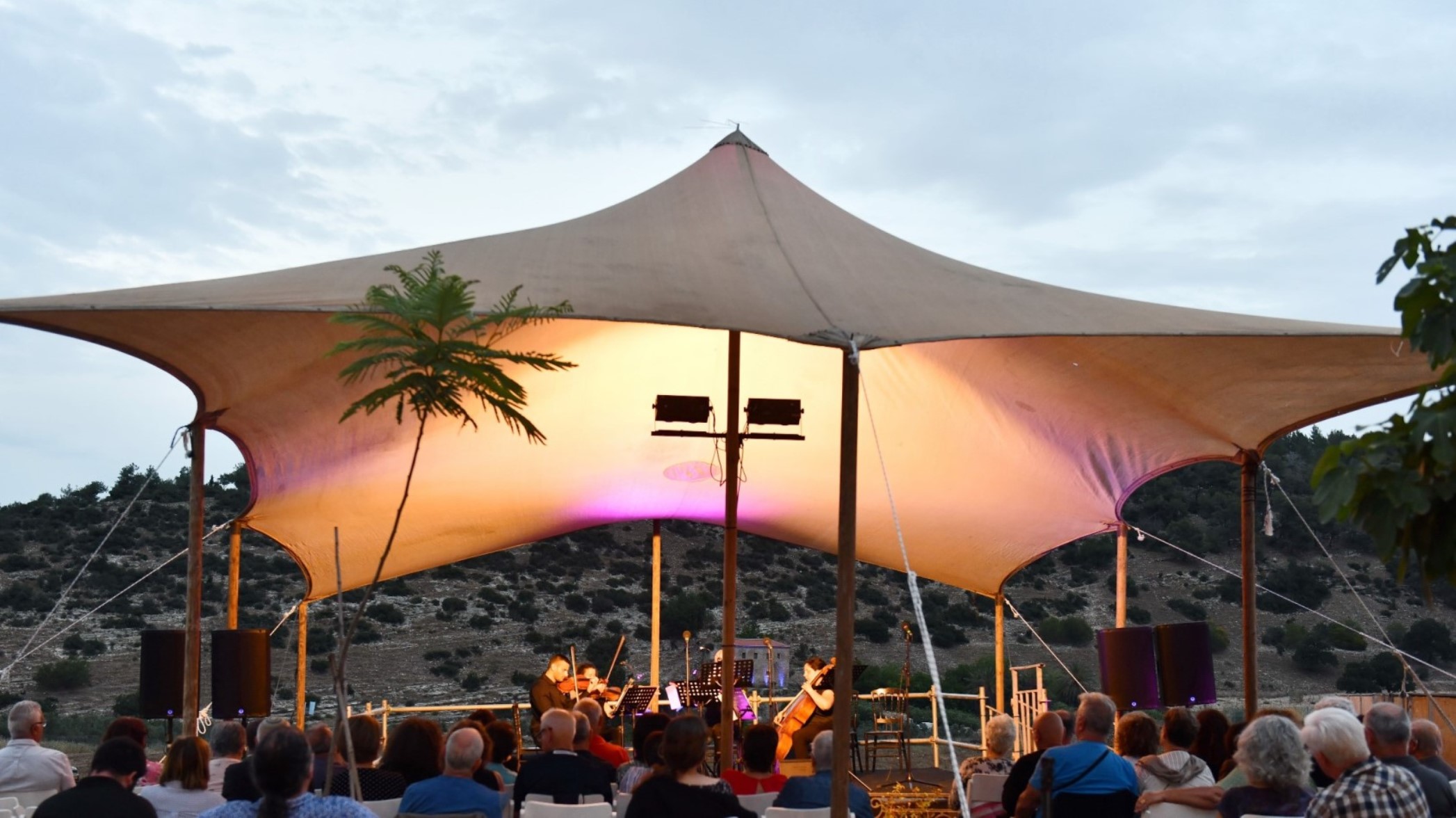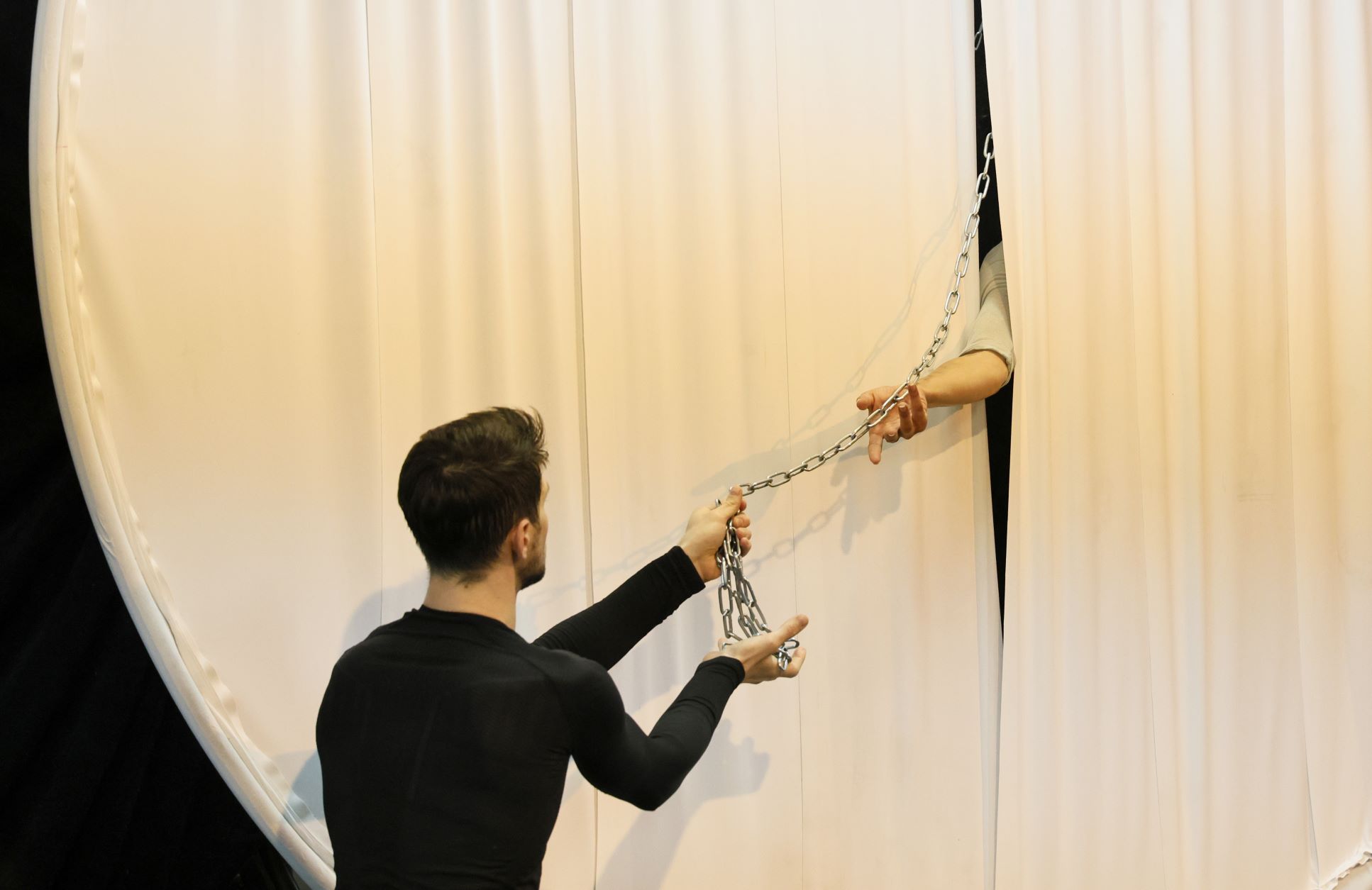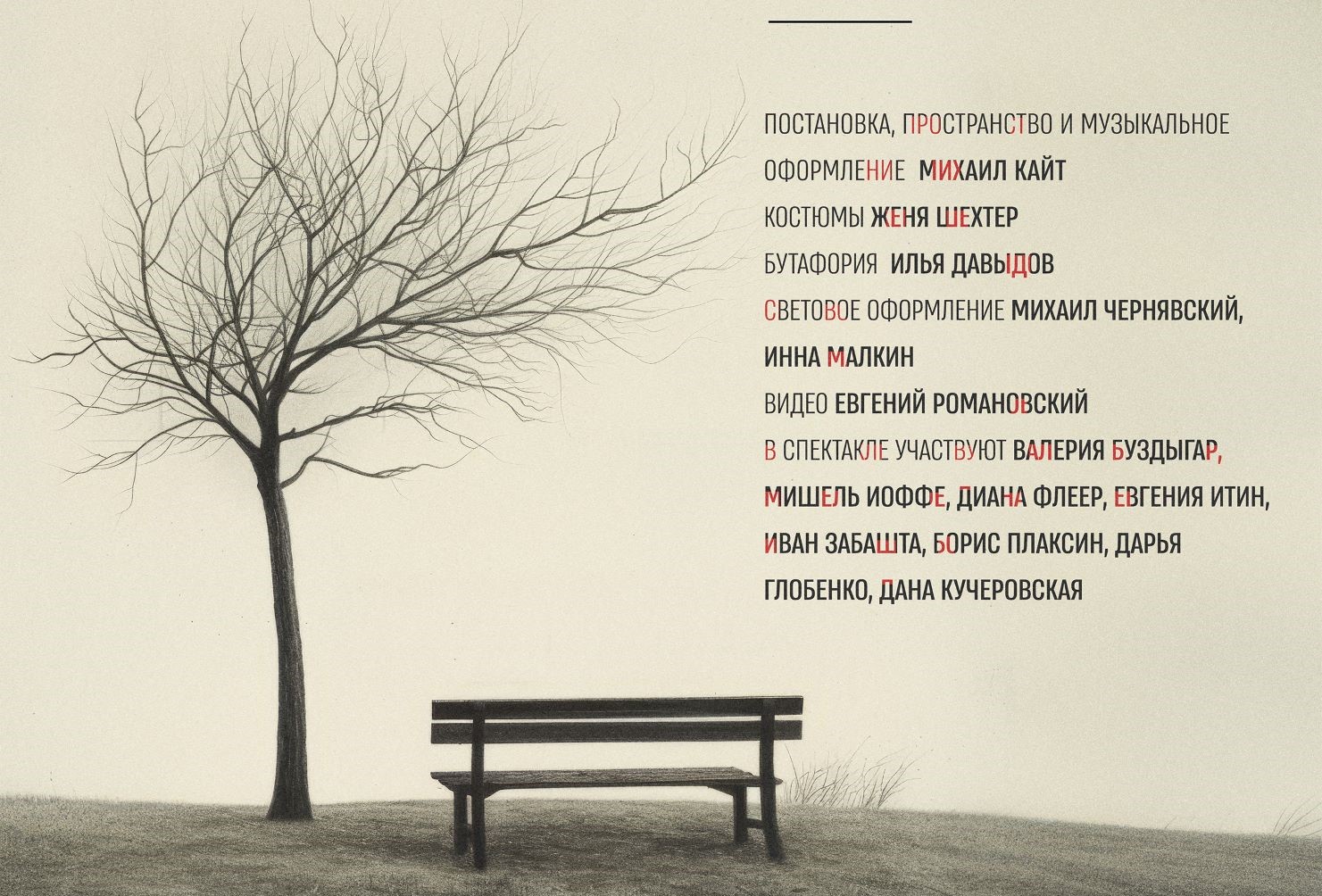2020 Salzburg Festival announces details of modified program: the Festspiele will take place from 1 to 30 August, but in a shortened form
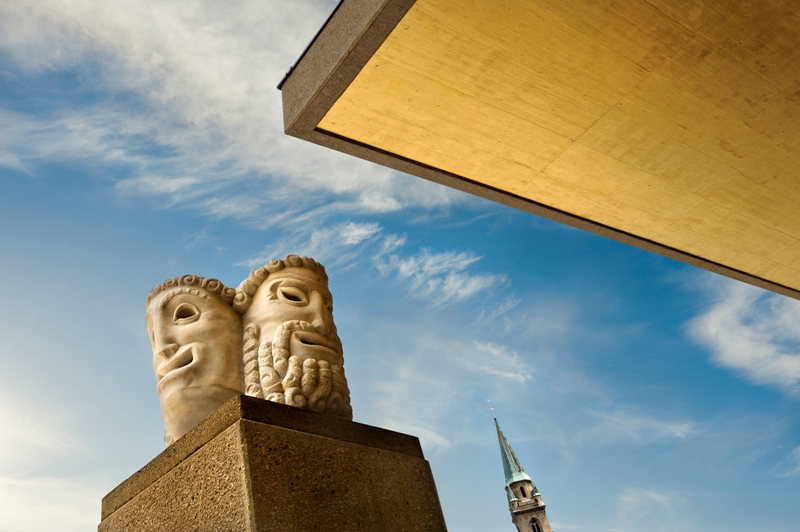
Coronavirus is the greatest challenge our society has faced since the end of World War II. Never before has cultural life in democratic countries been curtailed so severely in peacetime. The Salzburg Festival was founded at a time of abject misery as a courageous project against the crisis. Max Reinhardt was convinced that only the arts could reconcile the people, even peoples, whom war had driven into battle against one another. – Art not as decoration, but as the food and meaning of life. The fact that the Festival can now take place in a modified and abbreviated form between 1 and 30 August makes this founding consideration – art as the food and meaning of life – appear more topical than ever.
Festival President Helga Rabl-Stadler: ‘I did not doubt for one minute that we would perform this summer. Nikolaus Harnoncourt was convinced: “When we, the artists, are good, people leave the performance different than when they arrived.” – That is the very experience we wish to give our visitors this year, as every year.’
‘In times governed by a certain lack of orientation, the Festival made decisions which will hopefully turn out to be the right ones in retrospect. The fact that we waited to decide whether there would be a Festival was a mixture of hope, dreaming and perhaps also intuition that the pandemic’s case numbers might move in a direction which enabled people to assemble again. For that and nothing else is what a festival is about. During the past weeks, we have seen that people’s longing for such assemblies has become overwhelming. Even the virtual offerings and streams cannot quench this sense of longing, lacking any aura of art. We will experience a Festival this year that is different. We will experience a Festival with significantly fewer events, with significantly fewer available tickets, and therefore with fewer visitors. And it will be a Festival which conforms with each and every security requirement,’ says Artistic Director Markus Hinterhäuser.
‘Great as the joy of enabling shared experiences of art at the Salzburg Festival is, the health of all those involved takes precedence. Therefore, we will of course comply painstakingly with all the regulations passed by the federal government, but we will extend and exceed them if we consider it necessary, given our responsibility. In times of coronavirus, the Festival must and wants to set standards in matters of security as well,’ Executive Director Lukas Crepaz declared.
The Salzburg Festival has modified its programme under this aspect as well, reducing the number of performance venues from 16 to 8. The organization has developed a prevention concept which is currently being coordinated with the Festival’s council of experts and the authorities. It will be adapted continuously to accommodate any new developments.
Key Points of the Security and Prevention Plan (as of 8 June 2020)
Modified and significantly reduced due to the coronavirus pandemic, the Salzburg Festival will take place in compliance with the measures decreed by the federal government and additional, self-imposed security measures. The prevention plan will continuously be coordinated with the council of experts named above and the authorities, and will be adapted to any new developments. Current key points of the prevention plan for audience and staff are as follows:
Audience
• General obligation to wear a facemask, except when seated during a performance
• Active audience guiding to support compliance with the 1-metre distancing rule: among other measures, the venues will be divided into sectors
• In order to avoid larger agglomerations of people and thereby minimize the risk of infection, there will be
- a significant reduction in performance venues and events; instead of the 16 venues originally planned, there will now be 8.
- a separation of admittance and egress. Unlike regular Festival summer practice, there will be no simultaneous events in the Festspielhäuser, in order to prevent groups of visitors from meeting.
- no intervals and no catering as a general rule. Since controlling queues outside of bars or toilets would be very difficult, there will be no refreshments. This means that all the bars at the Festival’s venues will be closed, including before and after events.
• Personalized tickets, enabling authorities to speed up contact tracing. Ticket purchasers must show ID to the ticket-takers without being requested to do so.
• Special measures of hygiene: these include disinfection stations at all points of entry and at neuralgic points, frequent cleaning of contact surfaces etc.
• Significant reduction of seating, in keeping with distancing rules: as a matter of principle, these are arranged in a chequerboard pattern. In areas with more than 1 metre distance to the seats behind them, other forms of seating allocation are being examined.
The audience will be informed via all the Salzburg Festival’s channels in detail and in due time before the Festival opens about the security measures then current and in place.
Artists / Staff
• Significant modification and reduction of the rehearsal and performance schedule and the artistic and technical operations of the 2020 Salzburg Festival
• Obligatory initial testing and submission of a certificate of health for all artists and temporary staff, dated no more than 4 days before they begin their work
• Obligatory hygiene regulations and rules on wearing facemasks • Division into three groups with corresponding additional prevention measures:
Red Group • Stage performers who cannot comply with distancing rules and cannot wear facemasks PCR screening Health log Hygiene rules Behaviour rules
Orange Group • Artists who can practice distancing in principle • Staff in contact with red group who can wear facemasks Initial testing Health log Temporary facemasks in keeping with prevention plan Hygiene rules Behaviour rules
Yellow Group Staff who can practice distancing at all times Initial testing Temporary facemasks in keeping with prevention plan Hygiene rules Behaviour rules
Instead of 200 events over the course of 44 days at 16 performance venues, there will now be 110 events over 30 days at 8 venues. We will endeavour to postpone all the productions of the centenary programme which cannot be shown in 2020 to the summer of 2021. The anniversary programme will commence with the opening of the State Exhibition at the end of July 2020 and only end next year, on 31 August 2021.
The 2020 Salzburg Festival
110 Performances over the course of 30 Days at 8 Venues
Due to the current situation, programmes and casts may change at short notice.
OPERA
Richard Strauss ELEKTRA
Wolfgang Amadeus Mozart COSÌ FAN TUTTE
The Salzburg Festival opens the summer of 2020 with a work which played a major role in the oeuvre of all three Festival founders – Richard Strauss, Hugo von Hofmannsthal and Max Reinhardt: the opera Elektra by Richard Strauss. Hugo von Hofmannsthal’s eponymous drama, based on the tragedy by Sophocles, was first performed in Berlin in 1903, directed by Max Reinhardt. Richard Strauss was in the audience, and he felt the encounter with Hofmannsthal to be guided by fate. In a letter in 1906, he asked Hofmannsthal to ‘give me the right of first refusal for anything in your hand that lends itself to composition. Your manner corresponds so closely to my own, we were born for one another and shall certainly produce something beautiful together, if you remain faithful to me’. That same year, Richard Strauss began to compose his one-act opera. Three years later, on 25 January 1909, the world premiere took place in Dresden, with resounding success.
The present production is directed by Krzysztof Warlikowski, who made his successful Salzburg Festival debut in 2018 with Hans Werner Henze’s The Bassarids. Franz WelserMöst, to whom the Salzburg Festival owes many unforgettable performances of Richard Strauss’ works, conducts the Vienna Philharmonie and the Concert Association of the Vienna State Opera Chorus. The role of Elektra will be embodied by the Lithuanian rising star Aušrine Stundyte. That of Chrysothemis will be sung by Asmik Grigorian, who was chosen by the critics’ poll of the journal Opernwelt as Singer of the Year for her portrayal of Salome in 2019. They are joined by Tanja Ariane Baumgartner as Clytemnestra, Michael Laurenz as Aegisthus and Derek Welton as Orestes. The premiere takes place on 1 August at the Felsenreitschule.
The two Mozart operas originally scheduled for the centenary, Don Giovanni and Die Zauberflöte, will be presented in 2021. However, the audience will not have to forego a Mozart opera in such an important year: Artistic Director Markus Hinterhäuser and director Christof Loy have spontaneously developed the idea of making Così fan tutte an experience for these coronavirus times: without major stage machinery and with a significantly reduced rehearsal period. Joana Mallwitz conducts the Vienna Philharmonic, making her Festival debut in Così fan tutte, the first woman ever to conduct an opera at the Salzburg Festival. A young ensemble has been engaged: Elsa Dreisig takes on the role of Fiordiigi and Marianne Crebassa that of her sister Dorabella. Bogdan Volkov sings the role of Ferrando and Andrè Schuen that of Guglielmo. Lea Desandre and Johannes Martin Kränzle appear as Despina and Don Alfonso. The premiere takes place on 2 August at the Großes Festspielhaus.
DRAMA
Hugo von Hofmannsthal JEDERMANN
Peter Handke ZDENĚK ADAMEC
Milo Rau EVERYWOMAN
READING
THEATRE AT THE CINEMA
‘In times of the pandemic, the existential question in Jedermann – What happens when death appears in life? – has taken on even greater meaningfulness in the year of its 100th anniversary. Everywoman by Ursina Lardi and Milo Rau continues this line of questioning in our present times: is redemption possible? The world premiere of Peter Handke’s Zdeněk Adamec, in which a group of people create the fictitious biography of the young man who has sent a drastic message by self-immolation, combines these two poles while also questioning the function of the collective. The 2020 Festival build a historical bridge and also examine our present through artistic means,’ says Bettina Hering, Director of Drama.
The cornerstone play of the 1920 Salzburg Festival is not only a central part of the Festival’s DNA, but also a unique phenomenon on the German-language theatre scene. After years on the programme, the series of more than 700 Jedermann performances has featured an incomparable cosmos of actors. This year’s revival of Hugo von Hofmannsthal’s Jedermann will see 14 performances as part of the 2020 Salzburg Festival and premieres on 1 August. In the production by Michael Sturminger and his team, Caroline Peters, who has won multiple awards and performed at the Salzburg Festival during the past two years as well, takes on the role of the Paramour, appearing opposite Tobias Moretti’s Jedermann. Pauline Knof (The Debtor’s Wife) and Gustav Peter Wöhler (The Fat Cousin) join the ensemble for the first time.
The world premiere Zdeněk Adamec: Eine Szene by Peter Handke, the 2019 Nobel laureate for literature, takes place on 2 August at Salzburg’s Landestheater: in his work, Peter Handke focuses on the historical 2003 case of the 18-year-old Czech Zdeněk Adamec, who burned himself on Wenceslas Square in Prague in protest against the state of the world, which he found intolerable. In the play, an undefined group of people meets, and a conversation ensues. The story of Zdeněk Adamec runs like a red thread through the questions and answers, suspicions, doubts and information which cannot be categorized clearly. This temporary community brings the young man back to life through its narrative means. Most recently, Peter Handke’s play Immer noch Sturm was directed by Dimiter Gotscheff in a 2011 production at the Salzburg Festival. The world premiere of Zdeněk Adamec will be staged by Friederike Heller. She was elected Young Director of the Year in 2005 for her production of Peter Handke’s Untertagblues at the Burgtheater in Vienna; at the Salzburg Festival she presented her production of Die Unvernünftigen sterben aus as part of the Young Directors Project in 2006. The cast includes Christian Friedel, Luisa-Céline Gaffron André Kaczmarczyk, Eva Löbau, Nahuel Pérez Biscayart, Sophie Semin and Hanns Zischler.
For their world premiere Everywoman, the authors Ursina Lardi and Milo Rau proceed from a classic piece of world literature: Everyman, a medieval morality play from the late 15th century in which the title character, faced by death, goes about taking stock of his life, and which was SALZBURGER FESTSPIELE 1. – 30. August 2020 8 the most important model for Hugo von Hofmannsthal’s Jedermann. – What remains, what counts at the end of our life? Death has become foreign to us, our society has repressed it, since we can neither give it meaning nor overcome it. Death has become a product of art which we encounter in films and in the theatre in various guises – a continuous reproduction of its repression, while we are surrounded by it every second. We even provoke it by destroying the foundations of life further every day. Confronted with death, Everywoman takes stock. Can there be a righteous life within a wrong one? What can the arts achieve in a world without god or future? Can there be redemption yet?
The Swiss director, author and essayist Milo Rau became the youngest-ever winner of the renowned European ITI Theatre Prize in 2016. His play Five Easy Pieces was the first international production to be awarded the Special Jury Prize from the Belgian Prix de la Critique Théâtre et Danse and was subsequently invited to Berlin’s Theatertreffen in 2017. Rau has created over 50 plays, films and actions that have been shown at several international stages and festivals. He has been working together closely with the actress Ursina Lardi for many years. The world premiere is a co-production with the Schaubühne Berlin. The premiere takes place on 19 August at the Szene Salzburg.
Senta Berger, Sunnyi Melles and Caroline Peters will appear in a reading entitled Die Rückkehr, featuring texts by the multi-talented Austrian writer, stage director and theatre director Ernst Lothar, who was a member of the Salzburg Festival’s directorate from 1952 to 1959 and also directed Jedermann during this period.
The anniversary of the first performance of Jedermann 100 years ago will be celebrated on 22 August with a city-wide reading by the Jedermann actors Klaus Maria Brandauer, Peter Simonischek, Tobias Moretti, Cornelius Obonya and Philipp Hochmair.
The Festival founder Max Reinhardt directed four films throughout his life. The Salzburg Festival will screen all four under the title Theatre at the Cinema: Das Mirakel, Die Insel der Seligen and Venezianische Nacht will be shown at Das Kino and A Midsummer Night’s Dream at the Felsenreitschule.
CONCERTS
VIENNA PHILHARMONIC
GUEST ORCHESTRAS
BEETHOVEN CYCLE FRAGMENTS – SILENCE
CHAMBER MUSIC CONCERTS
SOLOIST RECITALS
CANTO LIRICO
SONG RECITALS
CAMERATA SALZBURG
MOZART MATINEES
‘During recent weeks, we have worked closely with the artists, orchestras and ensembles to plan a programme of 53 concerts in total. Series we have not been able to realize because of the regulations and date restrictions will be moved to the Festival summer of 2021, especially the Ouverture spirituelle entitled “Pax”. Some concert programmes have been adapted so that they can be performed without an interval, like all concerts this summer; others have been redesigned, for example the brief series entitled Fragments – Silence at the Kollegienkirche,’ says Florian Wiegand, Director of Concerts.
The concert programme of the modified 2020 Festival is based on the foundation of the original plans: in other words, concerts with the Vienna Philharmonic and guest orchestras, soloist and song recitals, chamber music concerts and concerts of New Music.
Unfortunately, the Ouverture spirituelle, which was particularly important this year, cannot take place – entitled Pax, it was to reflect the founding mission of the Festival as ‘one of the first peace projects’. The respective events have been postponed to July 2021. Those concert series conceived especially for the centenary – such as Time with Feldman and Moments musicaux – have not been cancelled, but postponed to next year. Modifications were also necessary regarding the performance venues. Thus, the Festival is unable to utilize the hall which usually hosts most of its concerts – the Main Auditorium at the Mozarteum Foundation. Instead, the Mozart Matinees, concerts of the Camerata Salzburg, song recitals and chamber music concerts will take place at the Haus für Mozart. Igor Levit’s Beethoven cycle will also move to the Haus für Mozart and to the Großes Festspielhaus.
Even a modified Festival programme would be unthinkable without one very special concert venue: the Kollegienkirche. With reference to Luigi Nono, it will host a brief but invaluable series entitled Fragments – Silence, which the Salzburg Festival has conceived with ensembles and artists whose original projects have had to be modified or cancelled due to the decrees and restrictions governing this summer. The series launches with Emilio Pomàrico and Klangforum Wien performing in vain by Georg Friedrich Haas, followed by Cantando Admont under Cordula Bürgi. The Minguet Quartet focuses on the work which lends the series its title: Luigi Nono’s Fragmente – Stille, an Diotima for string quartet. It is based on poems by Friedrich Hölderlin, whose 250th birthday is celebrated this year – just like Beethoven’s. The composer explained his work as ‘silent songs from other spheres, other heavens. The performers should “sing” them.’ The ‘fragments’ Nono transformed musically in his work were taken from pieces by Johannes Ockeghem, Giuseppe Verdi and Ludwig van Beethoven, all of which are also part of this concert programme. Under the baton of Sylvain Cambreling, Otto Katzameier and Klangforum Wien dedicate themselves to Salvatore Sciarrino’s oeuvre in the last concert of the series.
The Vienna Philharmonic has long set the musical standard for which the Salzburg Festival is famous worldwide. In 1925 the orchestra first appeared under its famous name at the Salzburg Festival. Previously, individual members of the Vienna State Opera’s orchestra had already participated. The first opera was performed at the Salzburg Festival in 1922, a guest production of the Vienna State Opera. This year, the Vienna Philharmonic will be conducted by Andris Nelsons, Riccardo Muti, Christian Thielemann – with Elīna Garanča as the soloist – and Gustavo Dudamel – with Evgeny Kissin at the piano.
The Guest Orchestras series features the ORF Radio Symphony Orchestra under Kent Nagano, the West-Eastern Divan Orchestra under its founder Daniel Barenboim, and the Berlin Philharmonic under its chief conductor Kirill Petrenko. Works by Ludwig van Beethoven, whose anniversary we celebrate this year, appear in all concert series, culminating in a Beethoven Cycle with Igor Levit, the leading Beethoven pianist of the younger generation. Levit traverses the cosmos of all 32 piano sonatas on eight evenings at the Haus für Mozart.
The monumental Diabelli Variations are interpreted by Daniel Barenboim in the series of soloist recitals. His piano recital on 19 August 2020 celebrates his 70th stage anniversary on this very day. Further soloist recitals feature Martha Argerich, Renaud Capuçon, András Schiff, Grigory Sokolov, Daniil Trifonov and Arcadi Volodos, among others.
The series Canto lirico includes the greatest singers four times: Sonya Yoncheva joins the Cappella Mediterranea under the baton of Leonardo García Alarcón; together they undertake a journey into the opera genre’s early period. Cecilia Bartoli sings works by Handel and his contemporaries; Gianluca Capuano conducts Les Musiciens du Prince-Monaco. Anna Netrebko and Yusif Eyvazov dedicate themselves to the Russian repertoire, singing excerpts from Piotr I. Tchaikovsky’s operas The Queen of Spades, Eugene Onegin and Iolanta. Mikhail Tatarnikov conducts the Mozarteum Orchestra Salzburg at the Großes Festspielhaus. Juan Diego Flórez performs works by Bellini, Verdi, Massenet and Puccini, accompanied by Vincenzo Scalera at the piano.
Song recitals will be performed by Matthias Goerne with Jan Lisiecki and Benjamin Bernheim with Carrie-Ann Matheson at the piano.
Chamber music concerts will feature the Belcea Quartet and the Hagen Quartet. Furthermore, Martin Grubinger & The Percussive Planet Ensemble will perform three of the great percussion sextets by Wolfgang Rihm, Iannis Xenakis and Steve Reich under the title The Big Three.
The Mozarteum Orchestra Salzburg has a long-standing tradition of appearances at the Salzburg Festival: as early as 1921, members of the Mozarteum Orchestra joined members of the Vienna State Opera orchestra in giving orchestral concerts. Since 1949 the orchestra has offered the Mozart Matinees initiated by Bernhard Paumgartner. In this special Festival summer, the Matinees will not take place at the Main Auditorium of the Mozarteum Foundation, but at the Haus für Mozart, and each will be performed only once. They will be conducted by Ivor Bolton, Andrew Manze, Ádám Fischer and Gianluca Capuano, who makes his debut with the Mozarteum Orchestra as part of the Mozart Matinees.
Bernhard Paumgartner, President of the Salzburg Festival from 1960 to 1971, was not only the initiator of the Mozart Matinees, but also founder of the Camerata Salzburg. The orchestra will appear twice at the Haus für Mozart – once under Ingo Metzmacher with Patricia Kopatchinskaja, and once with Manfred Honeck and Daniel Ottensamer.
JUNG & JEDE*R
100 years of youthfulness! In celebration of its anniversary, the Salzburg Festival intended to launch a plethora of children’s and youth projects throughout the State of Salzburg, working with highly motivated school teachers. The current situation has required changes to these plans, and many of them can only be implemented as part of the prolonged centenary season. Two of originally seven productions of jung & jede*r – the Salzburg Festival’s youth programme – can be enjoyed this Festival summer. They offer a preview of a new, extended programme for children and teenagers, to whom high-quality productions and innovative education programmes open new spaces for interaction.
1000 Kraniche (for children aged 10 and up) is a world premiere commissioned by the Salzburg Festival, based on a story by Sadako Sasaki: the Japanese gods fulfil a wish to those who fold 1,000 paper cranes. – After the atomic bomb attacks on Japan, young Sadako Sasaki suffers from leukaemia, due to radiation poisoning. She folds origami cranes and hopes to overcome her illness. Letters, documents, images and contemporary eyewitness reports combine in a piece of musical theatre pleading for hope and peace while fighting an invisible illness. Sybrand van der Werf is designing the sets and directs the production. Mezzo-soprano Kanako Shimada and actress and puppeteer Katharina Halus are accompanied by Konstantin Dupelius, piano and electronics, and Gustavo Strauß on the violin. Five performances take place at the University’s Main Auditorium.
Anyone who plays percussion will not have to be asked twice when the motto is Hau drauf! (for teenagers aged 14 and up). The drum, which marks the beat when people march together, is the focus of the event, but in this concert-performance by Bina Blumencron and œnm, the Austrian Ensemble for New Music, lots of things and people step out of line. Group pressure and authority figures are not necessarily very popular here, and are thus parodied in the music, which ranges from Steve Reich’s Clapping Music to Maurizio Kagel’s 10 Märsche, um den Sieg zu verfehlen. Three performances take place at the University’s Main Auditorium.
DISCUSSING THE CENTURY
From its very beginning, the Salzburg Festival had an extraordinary mission: to generate meaning in a time of crisis. Four events entitled Discussing the Century reflect 100 years of Festival history and 100 years of European cultural history, confronting us with highlights and abysses, paths and detours through this turbulent century, and the role the arts played within it. Alexander Kluge & Georg Baselitz, Navid Kermani, Anita Lasker-Wallfisch and Elisabeth Orth are the featured speakers at these matinees.
ZUM FEST – CENTENARY EVENTS
GREAT WORLD THEATRE
State Exhibition: The Salzburg Festival Centenary Salzburg Museum in cooperation with the Salzburg Festival
Neue Residenz, Mozartplatz 1, from 25 July to 31 October 2021
For more than a year, the Neue Residenz will offer a forum to discover the rich history of the Salzburg Festival and its artists: the Salzburg Festival brings its archive to life and presents visitors with artistic interventions, staged stories, film screenings and much more. The exhibition opens on 25 July 2020.
“THE DREAM OF A FAIRY TEMPLE”
Artistic Interventions on Festival Theatres Never Built
Mönchsberg, Schlosspark Hellbrunn, Kapuzinerberg, Mirabellgarten
July to December 2020
Over the last 130 years, numerous sites were planned for a Festspielhaus, or Festival Hall. For the Festival’s centenary, it plans to make four of these unrealized architectural projects visible, breathing life into them through artistic interventions. The choice of locations — on the Mönchsberg in 1890, in Hellbrunn in 1922, on the Kapuzinerberg from 1940 to 1943 and on the Mirabell Garden’s Rosenhügel in 1950 — clearly shows the great importance that was attached to the building of a Festspielhaus.
100 YEARS OF JEDERMANN
22 August 2020
The first performance of Hugo von Hofmannsthal’s Jedermann, directed by Max Reinhardt on Salzburg’s Cathedral Square on 22 August 1920, is considered the moment in which the Salzburg Festival was born. 100 years later, this special birthday is celebrated with readings all over town by the Jedermann performers Klaus Maria Brandauer, Peter Simonischek, Tobias Moretti, Cornelius Obonya and Philipp Hochmair, the gala performance of Jedermann on Cathedral Square, a Jedermann streaming event on Kapitelplatz, a literary speech by Elisabeth Orth, who takes us back in time to the era of the Festival’s founding, and a screening of Max Reinhardt’s famous film A Midsummer Night’s Dream at the Felsenreitschule.
Tickets 2020
Earlier this year, the Festival was pleased to register a new record in ticket sales. 180,000 tickets worth 24.5 million Euros had been sold by the beginning of March 2020. The modified programme with dates that have nearly all been changed and its reduced number of events now forces the Festival to reverse its entire ticket sales operations. The Salzburg Festival aims to make the reallocation of tickets transparent and comprehensible. Therefore, a procedure has been established, of which customers have already been informed.
General Ticket Sales Rules:
• Absolute priority for guests who originally held tickets.
• In principle, a limit of 2 tickets per purchaser for each staged opera or drama production.
• General ticket sales will therefore only begin on 13 July.
The Current Plan and its Phases:
1. Offering Phase from 15 June to 26 June Customers who had purchased tickets for the Salzburg Festival events originally scheduled will receive a new offer which is tailored as closely as possible to their original purchases and adapted to the new programme. This offer can be accepted by 26 June at the latest, after which it will lapse and the tickets go back on sale. Of course the customer’s claim for refunds for tickets already purchased which have now been cancelled remains unaffected if the offer is rejected.
2. Direct Sales Phases Those tickets remaining after the initial offering phase will be offered for purchase in several steps, subject to availability:
• Starting on 29 June: Friends & Supporters of the Salzburg Festival
• Starting on 6 July: Regular customers who purchased tickets for cancelled performances
• Starting on 13 July: General ticket sales for those who had not yet purchased tickets for the 2020 Salzburg Festival. Unfortunately, advance orders cannot be accepted.
Tickets Issued
Originally: 242,373 tickets
Now: approximately 80,000 tickets
Ticket Prices
• Unchanged, ranging from 5 Euros to 445 Euros
William Kentridge designed the logo ‘100 Jahre Salzburger Festspiele’ William Kentridge was born in Johannesburg (South Africa) in 1955 and has made an international name for himself through his drawings and films as well as drama and opera productions. Since the 1990s Kentridge’s works have been shown at museums and galleries all over the world. In 2017 he directed Alban Berg’s Wozzeck at the Salzburg Festival. Since 2014 his visualization of Schubert’s Winterreise with Matthias Goerne and Markus Hinterhäuser has been performed all over the world.
All the illustrations of the 2020 programme leaflet are by Man Ray. The American photographer, film director, painter and object artist Man Ray is one of the most important protagonists of the inter-war avant-garde, whose photographs have become icons of modernism. In his work he continuously explored the female and male physique and its staging. The cover of our modified 2020 programme features a negative exposure of one of the most famous photographs ever: Man Ray’s Noire et blanche.
Salzburg Festival
Image: Masken vor dem Festspielhaus © Luigi Caputo |



